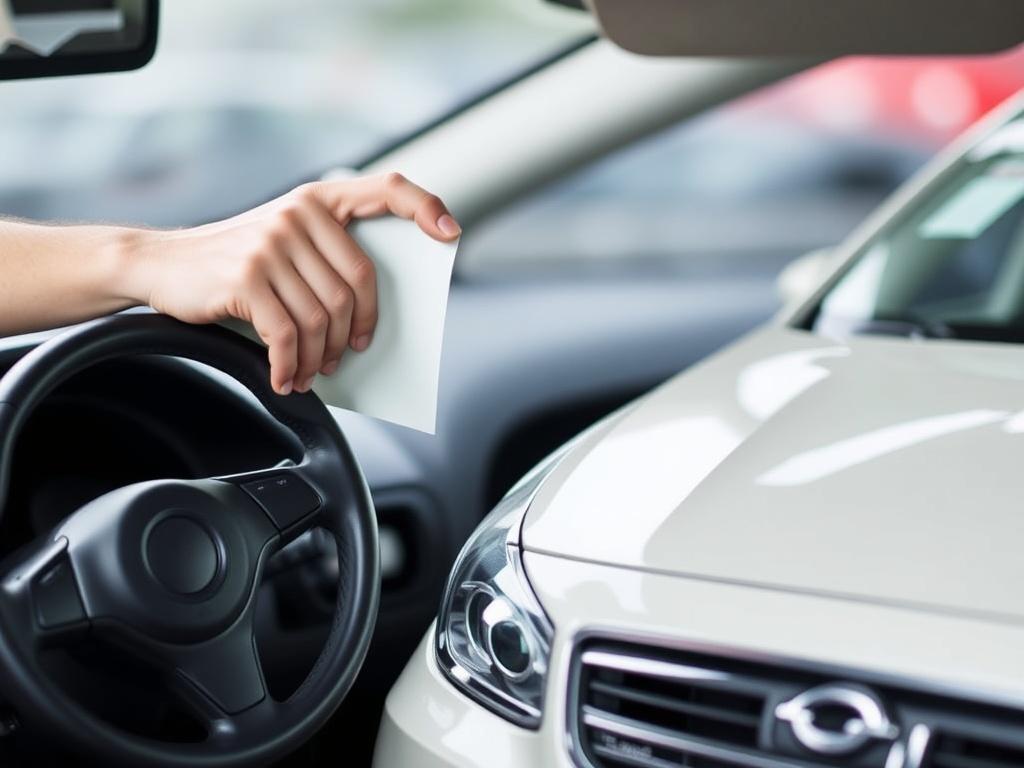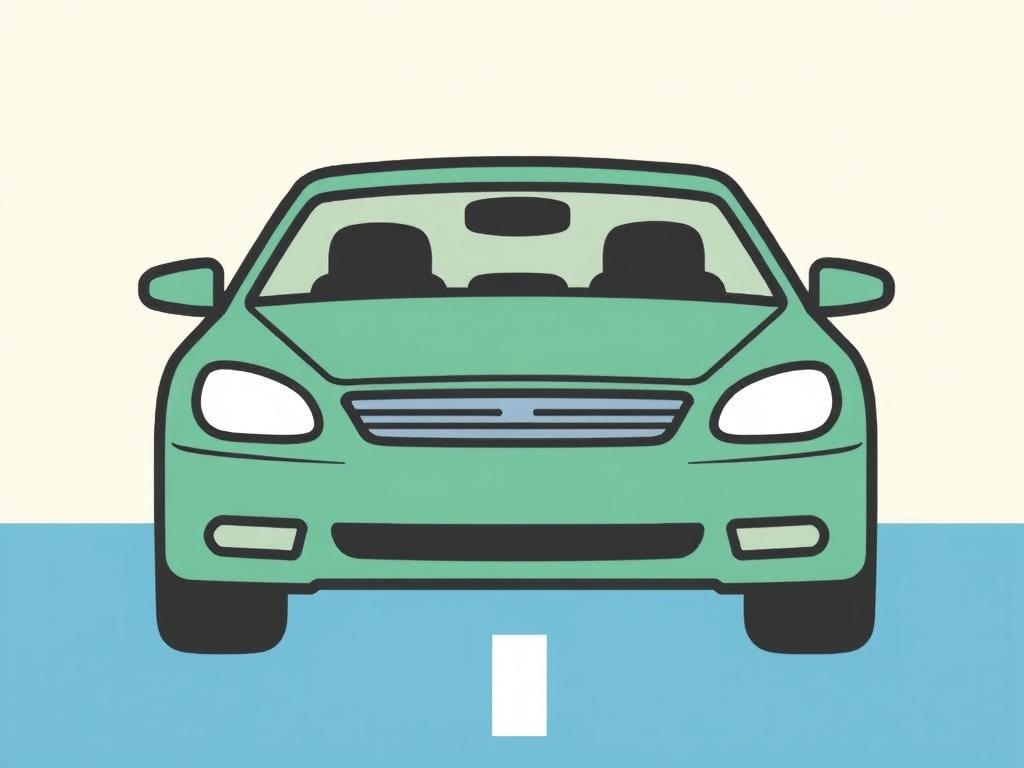SQLITE NOT INSTALLED
Life has a way of throwing unexpected curveballs, and sometimes, financial difficulties arise that make paying a car loan on time challenging. Whether it’s due to job loss, medical bills, or other unforeseen expenses, falling behind on your car loan payments can be a stressful experience. But what exactly happens if you can’t pay your car loan? This article explores the entire process, what you can expect, and practical steps you can take to protect yourself from long-term damage.
Содержание
The Basics of a Car Loan
Before diving into what happens if you can’t pay your car loan, it’s important to understand how a car loan works. When you purchase a vehicle with a loan, the lender essentially pays the dealer upfront, and you agree to pay back the lender in monthly installments, usually with interest. The car itself acts as collateral for the loan, which means if you can’t keep up with payments, the lender has the right to repossess the vehicle to recover their losses.
Most car loans range from 24 to 72 months, depending on your credit and financing options. The monthly payment includes principal (the amount you borrowed) and interest (the cost of borrowing). If you miss payments or become delinquent, penalties and fees can start to add up quickly. So, understanding the loan’s terms and your obligations is crucial.
What Happens When You Miss a Payment?
If you miss a car loan payment or can’t pay your car loan at all, it doesn’t mean your car will be taken away immediately. Here’s a typical timeline and what you can expect:
- Grace Period: Many lenders offer a grace period of 10-15 days during which you can make a late payment without penalty.
- Late Fees: After the grace period, you’ll likely be charged a late fee, which could be a flat amount or a percentage of your monthly payment.
- Communication from Lender: Lenders usually reach out via phone calls, emails, or letters to remind you and discuss options.
- Credit Report Impact: Missing payments for 30 days or more can be reported to credit bureaus, negatively affecting your credit score.
At this initial stage, the best thing you can do is communicate with your lender. Many are willing to work with you to find a temporary payment plan or deferment if you’re honest about your situation. Ignoring the problem will only make it worse.
What Happens After Prolonged Nonpayment?
If you continue to miss payments, the consequences become more severe:
- Repossession: After around 60-90 days of nonpayment, lenders typically have the right to repossess your vehicle. This means a repossession agent can come and take the car without warning.
- Deficiency Balance: After repossession, the lender will auction off the car. If the sale price is less than what you owe on the loan, you’ll be responsible for the difference, called the deficiency balance.
- Legal Action: In some cases, lenders may sue you to recover any unpaid balance, late fees, and other related costs.
- Credit Damage: Repossession and unpaid balances can remain on your credit report for up to seven years, hurting your ability to get loans or credit in the future.
Understanding Your Rights and Protection

It’s important to know your rights if you find yourself unable to pay your car loan. The laws vary by state, but here are some general protections and tips to consider:
| Right or Protection | Description |
|---|---|
| Right to Notice | Lenders must notify you before repossessing your vehicle, but sometimes this notice isn’t required in every state. |
| Repossession Without Breach of Peace | Repossessions must be done without “breach of peace,” meaning no breaking locks, entering your home, or threatening behavior. |
| Selling the Repossessed Car | Lenders must typically sell the car at a “commercially reasonable” price after repossession. Overcharging can be disputed. |
| Deficiency Judgments | If there’s a deficiency balance, lenders may have to sue to collect it. You have rights to dispute the amount. |
| Credit Reporting | Negative marks related to defaults and repossessions stay on your credit report for up to seven years. |
Knowing these protections might help protect your finances and give you leverage when negotiating with the lender if you can’t pay your car loan.
Options If You Can’t Pay Your Car Loan
Not being able to pay your car loan is stressful, but there are some steps and alternatives you can consider to avoid repossession and minimize long-term damage.
1. Contact Your Lender Immediately
Transparency is key. Lenders much prefer working out a solution than repossessing a vehicle. You can ask about:
- Payment deferrals or forbearance
- Loan modification or refinancing
- Temporary payment reduction
Having a plan or an honest conversation helps protect your credit and may save your car.
2. Sell the Car Yourself
If your financial situation has changed permanently, selling your car might help you pay off or reduce your loan balance and avoid repossession. You might even get a better price selling to a private party than the lender’s auction.
3. Voluntary Repossession
This option involves returning the vehicle yourself to the lender before they take it forcibly. While it still affects your credit, voluntary repossession can show the lender you are cooperating, potentially helping negotiate the deficiency balance or other terms.
4. Refinance the Loan
Refinancing your car loan through a different lender may allow you to lower your monthly payments, especially if your credit has improved or interest rates have decreased since you first took out the loan.
5. Seek Financial Counseling
Nonprofit credit counseling services can help you understand your budget, negotiate with creditors, and explore other options to stay afloat. They can often intervene on your behalf to create manageable payment plans.
Effects on Your Credit Score and Financial Health
Missing car loan payments doesn’t just threaten your vehicle—it impacts your overall financial well-being. Here’s how your credit score and future financial options can be affected:
| Impact | Explanation | Duration |
|---|---|---|
| Late Payment Reports | Reported after 30 days of nonpayment; lowers your credit score. | 7 years |
| Repossession | Severe negative mark indicating lender took your car back due to unpaid loan. | 7 years |
| Deficiency Balance | Unpaid loan balance after repossession can lead to collections or legal action. | Until paid or settled |
| Loan Default | Signifies the loan contract was broken, making future lending more difficult. | 7 years |
Lower credit scores can increase interest rates on future loans, reduce your chances of loan approval, and even affect rental or job applications. Taking steps early to avoid default can save you from long-term financial hardship.
Frequently Asked Questions About Not Paying Car Loans

Can the lender take my car without warning if I miss payments?
In many states, the lender doesn’t have to give advance warning before repossessing your vehicle, but they must follow state laws and can’t cause a breach of peace during repossession.
What happens if I voluntarily surrender my car?
You give your car back to the lender willingly, which still negatively impacts your credit but may look better than a forced repossession when negotiating deficiency balances.
Will paying late once ruin my credit?
Paying late once usually results in late fees and possibly a small credit score drop, but consistent late payments are what cause major damage.
Can I get another car loan after repossession?
It’s possible but will be much harder. Usually, you’ll need to wait several years and work on rebuilding your credit before approval.
Tips to Avoid Falling Behind on Your Car Loan

Preventing missed payments is always better than dealing with the fallout. Here are some practical tips to stay on track:
- Set up automatic payments to avoid missing due dates.
- Create a monthly budget that prioritizes fixed expenses like your car loan.
- Avoid borrowing more than you can comfortably repay.
- If facing financial hardship, reach out to your lender early.
- Consider gap insurance or loan protection insurance, which can cover payments in emergencies.
Summary Table: Consequences of Not Paying Your Car Loan
| Situation | Possible Consequence | Credit Impact | Financial Impact |
|---|---|---|---|
| Miss one payment | Late fee, possible credit report of late payment | Minimal to moderate | Late fees |
| Miss payments 30-60 days | Additional fees, lender contact, credit reporting | Moderate decline | Increased debt |
| Miss payments >90 days | Loan default, potential repossession | Severe credit damage | Repossession costs, deficiency balance |
| Miss payments >120 days | Auction of vehicle, legal action | Very severe | Possible court judgments |
Final Thoughts
Not being able to pay your car loan is a difficult situation, but knowing what happens if you can’t pay your car loan can help you take control instead of feeling helpless. Early communication with your lender, exploring alternatives like refinancing or voluntary repossession, and understanding your rights can all make a big difference. While the consequences of nonpayment can be harsh—including repossession, damage to your credit, and financial liability—the best strategy is to face the problem head-on and seek solutions. Remember, lenders aren’t looking to take your car away if you’re proactive and communicative. Ultimately, taking steps sooner rather than later can protect your financial future and even help you get back on track to owning your vehicle free and clear.
Опубликовано: 23 July 2025 Кредитрон – блог о кредитах, финансах и прочих реверансах
Кредитрон – блог о кредитах, финансах и прочих реверансах

